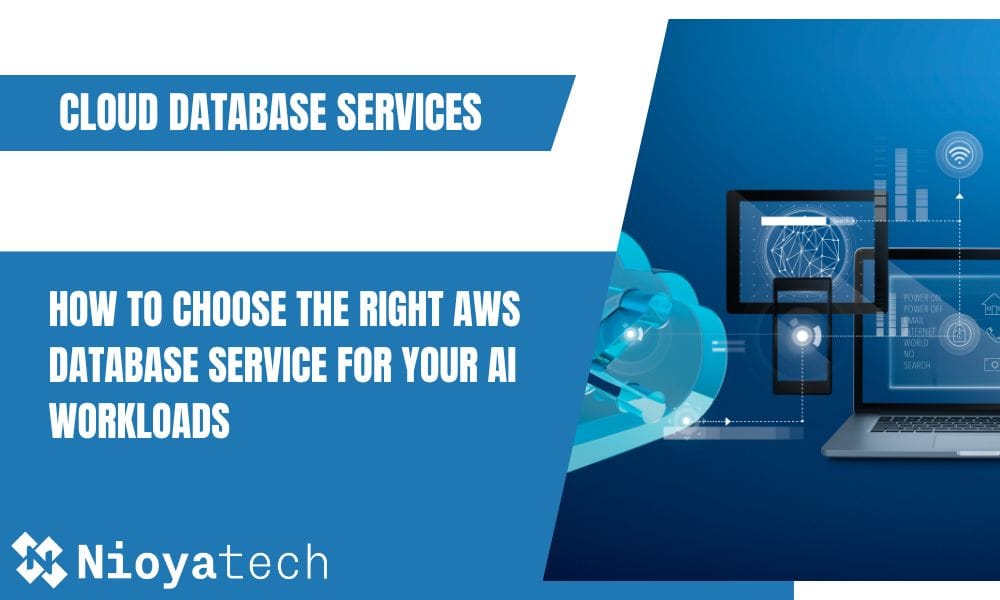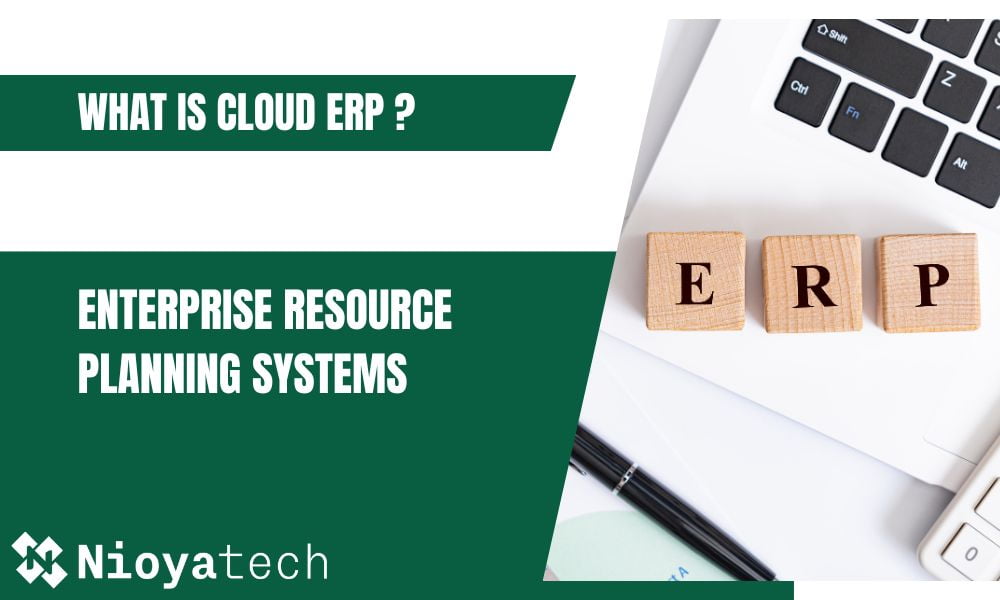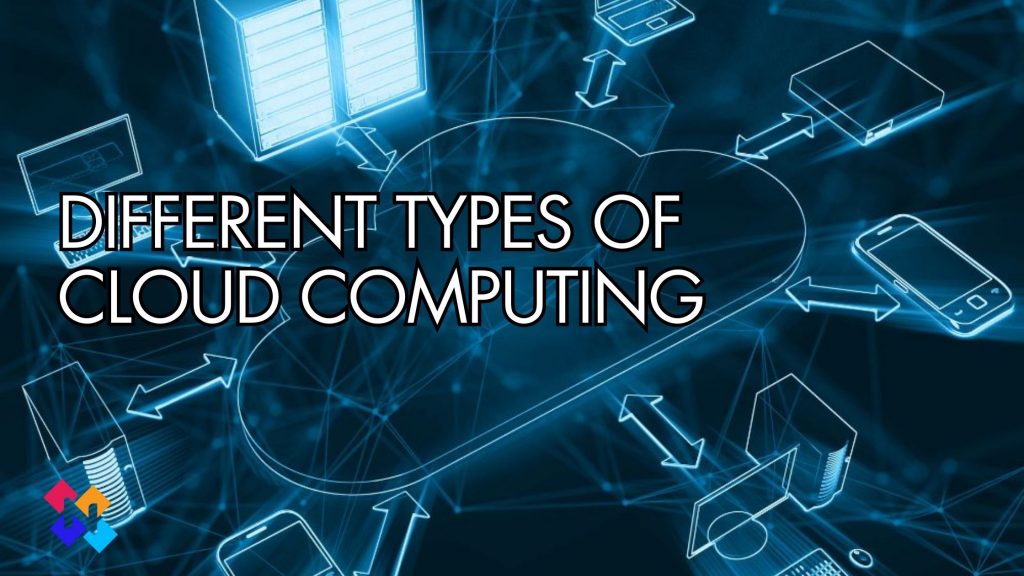In today’s digital world, Cloud computing has become popular due to its ease of use and access. Businesses are increasingly relying on cloud service providers to streamline their business and have greater flexibility.
Cloud service providers have many specialized computing elements that you can use remotely. Things like hosting websites, big data analysis, and smart computer programs need a lot of computing power. Cloud service providers allow you to use the powerful computing infrastructure needed.
This blog post will help you choose the best cloud service provider. It gives you an in-depth look at the best on the market. Whether you’re starting a business, working in IT, or just curious about the cloud, this guide will help you make good choices.

What is the Use of Cloud Service Providers?
A cloud service provider is a corporation that provides various cloud services via the Internet. Companies often only pay for cloud services, as determined by business requirements.
Utilizing a cloud service provider is a practical approach to gain access to computing resources that you otherwise would have to supply on your own, like:
Computing infrastructure; networks, database services, data management, data storage (or cloud storage), and servers.
Platforms; the equipment required to develop and distribute apps. These platforms could include runtime environments, middleware, and operating systems.
Applications; that are already ready to use. Independent service providers may give this software as either standard or custom applications.
What Services Do Cloud Providers Offer?
Here comes another definition; “cloud service”. A cloud service is any system that provides on-demand access to computer system resources, like data storage and processing power, without direct active administration by the user.”
Main Cloud Services
There are some different types of cloud services:
Platform-as-a-Service (PaaS),
Software-as-a-Service (SaaS).
Types of Cloud Computing
There are additional classifications of cloud computing based on deployment models. These deployment models provide organizations with various options to tailor their cloud computing strategy based on their specific needs, preferences, and regulatory requirements. The main types of cloud computing are:
- Private Cloud
- Public Cloud
- Hybrid Cloud
- Multi cloud
Best Cloud Service Providers
The top cloud service providers for 2023 are listed below. Let’s look at each one in turn.
Amazon Web Services
Microsoft Azure
Google Cloud Platform
IBM Cloud
Oracle
Digital Ocean
VMware
Alibaba Cloud
HPE GreenLake
Amazon Web Services
The leading global provider of cloud services is Amazon Web Services. Amazon was the first company to seize this opportunity with its Amazon Web Service (AWS) products like on-demand cloud computing services, high-performance computing, serverless computing, data storage, and data analysis.
AWS provides flexible and coordinated billing for different cloud administrations. Amazon Web Service (AWS) offers centralized administration and billing of a large number of APIs, resources, and cloud management tools with high flexibility and scalability.
Microsoft Azure
Microsoft Azure is Microsoft’s cloud application development and infrastructure platform. This platform allows us to develop internet applications that run on the internet and can keep their data on the Microsoft Data Center.
Microsoft Azure offers numerous services, including cloud-based variations of its older goods and services like Office 365 and Power BI. In addition, customers who handle legacy on-premises technologies value Azure’s migration flexibility and support, such as with Azure Stack.
Azure provides flexibility, cost-effectiveness, and scalability for the user. IT resources can be scaled up or down based on the user’s needs. There are three fundamental working models on Windows Azure. These include websites, virtual computers, and business cloud services.
There are SQL databases, tables, and blobs when looking at data management. The development of virtual networks, traffic managers, and connection titles can all be studied in terms of network communication. In addition to this, there are other applications, including media services, Hadoop, and SQL Reporting.
Google Cloud Platform
Google provides various services on the Google Cloud Platform by encompassing all the features of the cloud computing mentality. Google Cloud Platform offers structures divided into Multi-Region, Region, and Zone in most parts of the world. The fact that these structures have been reduced to the local level provides significant benefits in terms of security and fast accessibility.
The benefits of GCP include scalability, responsive customer support, flexible contracts and significant savings, and extensive documentation.
IBM Cloud
The IBM Cloud is a product that offers a wide range of cloud computing services that are powered by either platform as a service (PaaS) or infrastructure as a service (IaaS) (PaaS). IBM is one of the leaders in the cloud industry, with a wide range of capabilities and offerings. It provides public, multi-cloud, and hybrid clouds that may be used for a range of tasks, including compute-cloud, AI/ML, storage, blockchain, networking, and the Internet of Things with security features. In addition, IBM also offers quantum computing services.
IBM stands out with its dedicated IBM support team’s assistance, flexible infrastructure, a wide network of partners, and APIs.
Oracle Cloud
Oracle Cloud provided by Oracle Corporation, is a cloud computing service that offers a wide range of cloud products, like applications, servers, and networks, via a global network of Oracle Corporation-managed data centers. In addition, the business permits the on-demand provisioning of various services via the Internet.
Through a worldwide network of data centers that Oracle manages, it provides public and government clouds. There is also a computing platform, designed specifically for using Oracle Databases, called the Oracle Exadata Database Machine.
Digital Ocean
With offices worldwide and a New York City headquarters, DigitalOcean, Inc. is an American cloud infrastructure company. Developers, entrepreneurs, and SMBs may use cloud infrastructure as a service platform from DigitalOcean.
Digital Ocean aims to satisfy developers’ demands for scaling and delivering programs that operate concurrently across several machines. Digital Ocean, the third-largest hosting provider worldwide, primarily sells two types of products: compute and storage. The biggest distinction between DigitalOcean and other well-known cloud computing platforms is how simple it is to use.
VMware
VMware is one of the most well-known organizations for private and hybrid cloud installations. It is especially helpful if you want to develop apps in a cloud-based, containerized environment while ensuring the software is of high quality. In addition, applications can be made to be environment-specific, allowing for mobility between data centers and the edge or any cloud platform of your choice.
Businesses can run several operating systems, applications, and workloads on a single server thanks to VMware, which improves resource management. By building a virtual machine that functions identically to a real computer. Kubernetes, edge platforms, AWS resources, Dell EMC resources, and private servers are all combined into one solution by VMware Cloud Universal.
Alibaba Cloud
Alibaba Cloud is the largest cloud service provider in China. It is often known as Aliyun. Alibaba’s e-commerce ecosystem can use cloud computing services provided by Alibaba Cloud. Singapore serves as the company’s registered office and global headquarters.
Although Alibaba’s e-commerce shop is its main focus, the Alibaba Cloud offers database, networking, storage, security, and monitoring solutions. Alibaba, which has more than 10 regions, is China’s leading cloud service provider. Alibaba Cloud also operates in the Americas, Europe, Asia Pacific, and the Middle East.
Salesforce
American company Salesforce was created using the Software as a Service (SaaS) model. Since its inception, Salesforce has provided a mix of private and business cloud services. Leading business software provider Salesforce offers a wide range of goods and services in the areas of development, marketing, sales, and commerce. Additionally, it has a solid relationship with Google.
Each service and product offered by Salesforce is catered to a certain market or function. Because they are all provided by cloud computing, these tools are referred to as “clouds.”
Six main Salesforce clouds are available:
Salesforce Sales Cloud
Salesforce Marketing Cloud
Salesforce Commerce Cloud
Salesforce Service Cloud
Salesforce Experience Cloud
Salesforce Analytics Cloud
Salesforce Service Cloud is the greatest alternative available for the customer service application. It enables companies to offer clients the necessary support whenever and wherever they need it.
Choosing the Right Cloud Service
It’s crucial to make the right decision if you want to improve your business. Investing in cloud services is one of those wise decisions that may be made. To use any cloud service, though, you must be aware of your requirements.
To entice users to commit to their platform, public cloud companies frequently provide a ton of bells and whistles along with free trials. If you want to test out a few different cloud platforms before signing a contract, do so with tiny amounts of data or non-critical apps, keeping in mind that cloud migrations are costly and time-consuming.
Before spending the time and money on a complete migration, this will offer you a better understanding of how the ecosystem works.
When it comes to harnessing the power of cloud computing, partnering with a reliable and experienced cloud consulting service can make all the difference. With their extensive expertise in cloud solutions and a track record of successful implementations, Nioyatech is the ideal partner to guide your organization through its cloud journey.






